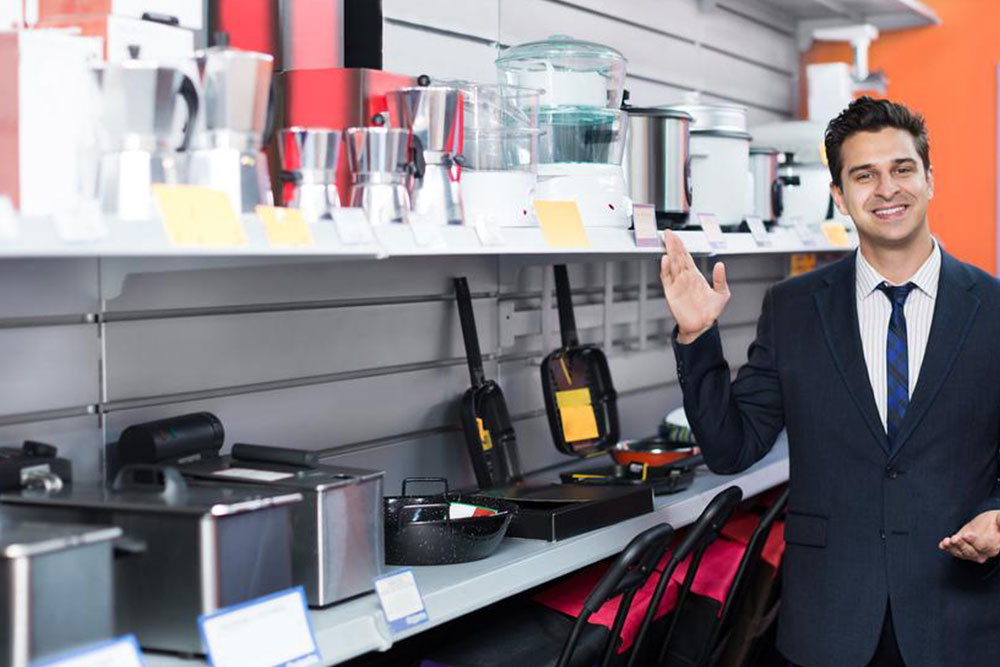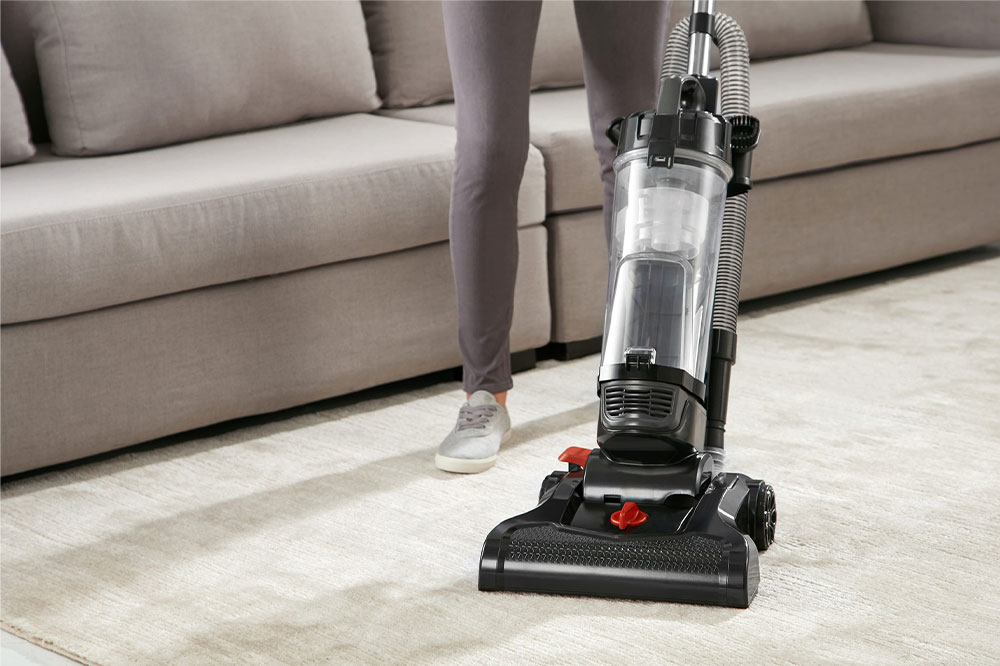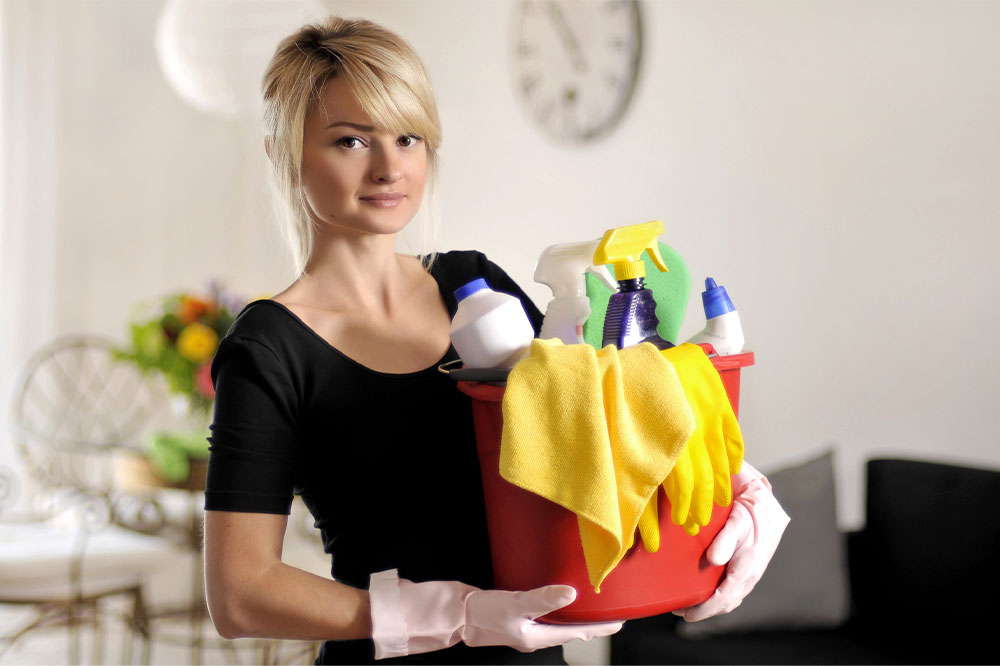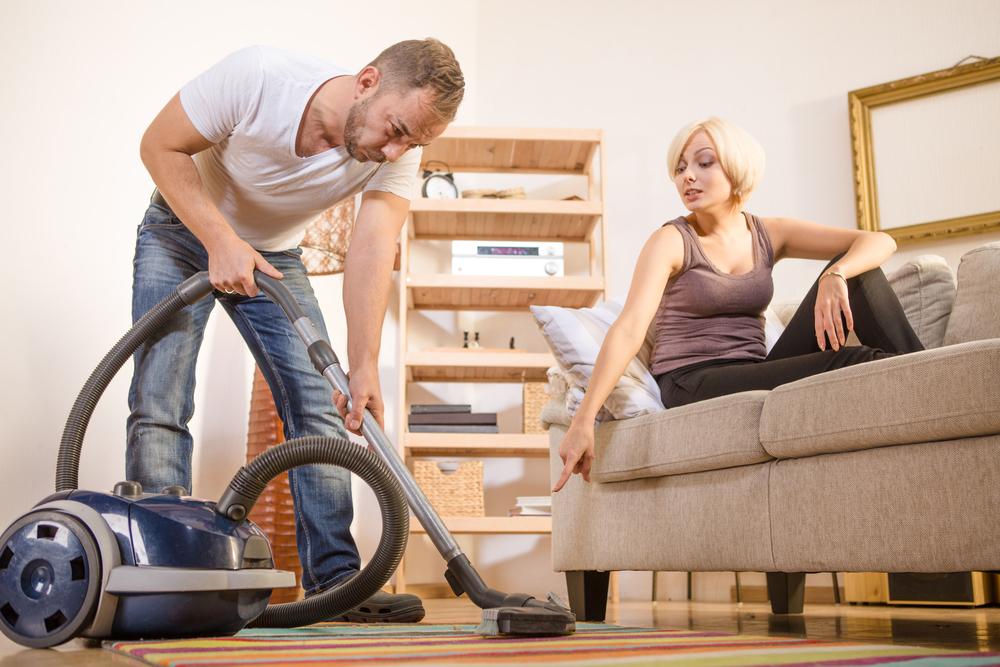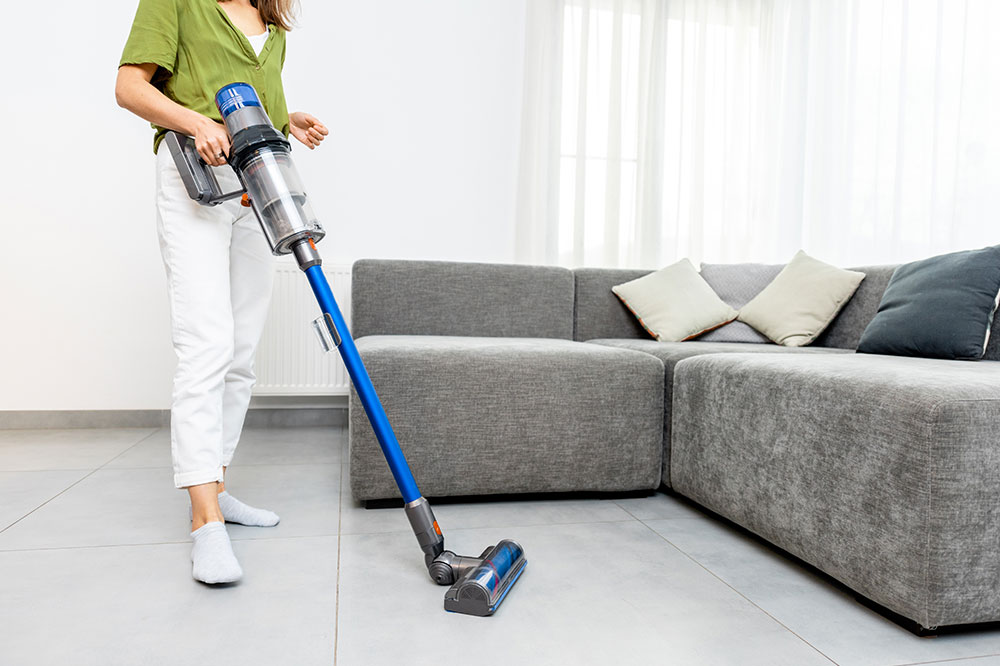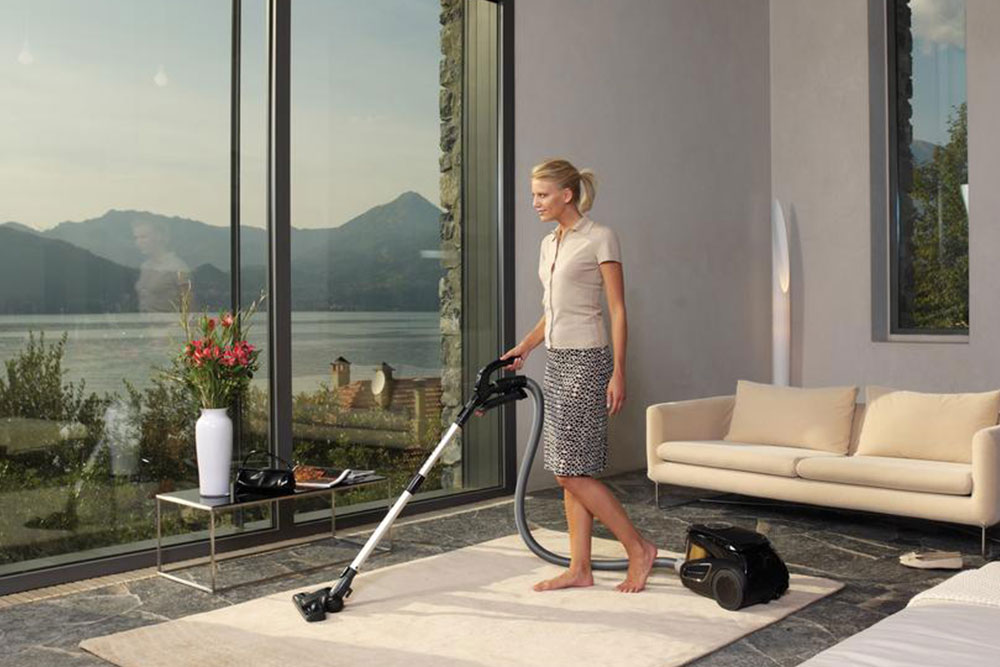Common Vacuuming Errors to Prevent for Longevity
Discover five essential tips to extend your vacuum cleaner's lifespan. Proper attachment use, timely emptying, avoiding hard objects, and careful cord handling are key. Understanding motor safety mechanisms helps prevent unnecessary replacements. Regular maintenance ensures efficient cleaning and saves money. Implement these simple practices to keep your vacuum running smoothly for years.
Sponsored

Vacuum cleaners are essential tools in modern homes, but improper handling can shorten their lifespan and cause malfunctions. Many users aren’t aware that simple maintenance and correct usage can extend their service life. By avoiding these five common mistakes, you can ensure your vacuum performs efficiently for years. Proper care, including correct attachment use, timely emptying, and avoiding hard objects, can save money and improve cleaning results.
Choosing the correct attachment
Different accessories like crevice tools and dusting brushes are meant for specific surfaces and hard-to-reach areas.
Using these attachments on unsuitable surfaces can make cleaning difficult and damage the tools.
Not emptying the dust container or bag
Failing to empty your vacuum’s dust collection chamber reduces suction power and puts stress on the motor, shortening its lifespan. Many models have indicators to show when to change or empty the bag, so do so promptly.
Vacuuming hard objects
While vacuums are built to handle dust and debris, attempting to pick up heavy objects like coins or screws can damage internal parts and impair performance. Always pick up such items by hand before vacuuming.
Running over the cord
Continuously running over the power cord can damage internal wires and pose safety hazards. This practice can also diminish the suction capacity over time. Always be cautious of the cord during operation.
Misinterpreting motor issues
If the vacuum’s motor stops working, it might be due to overheating rather than a broken motor. Most units include safety mechanisms to cut power when overheating occurs, often caused by prolonged use or an overfilled bag.

